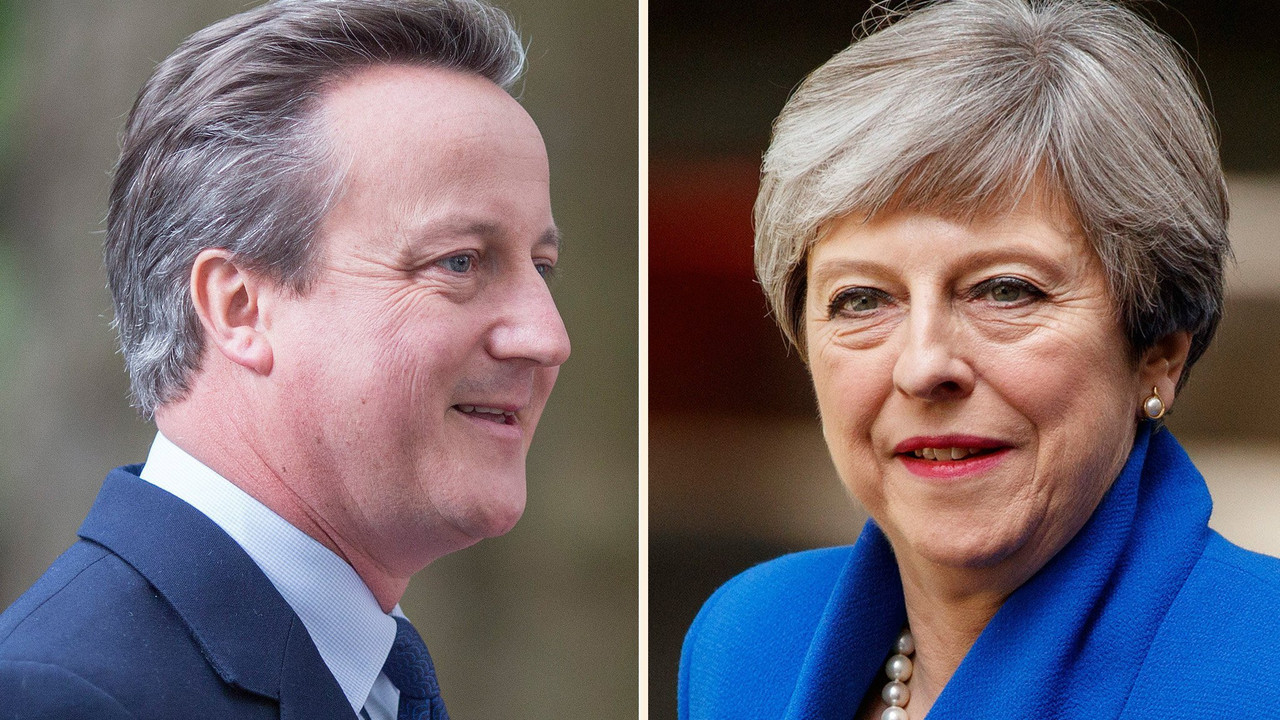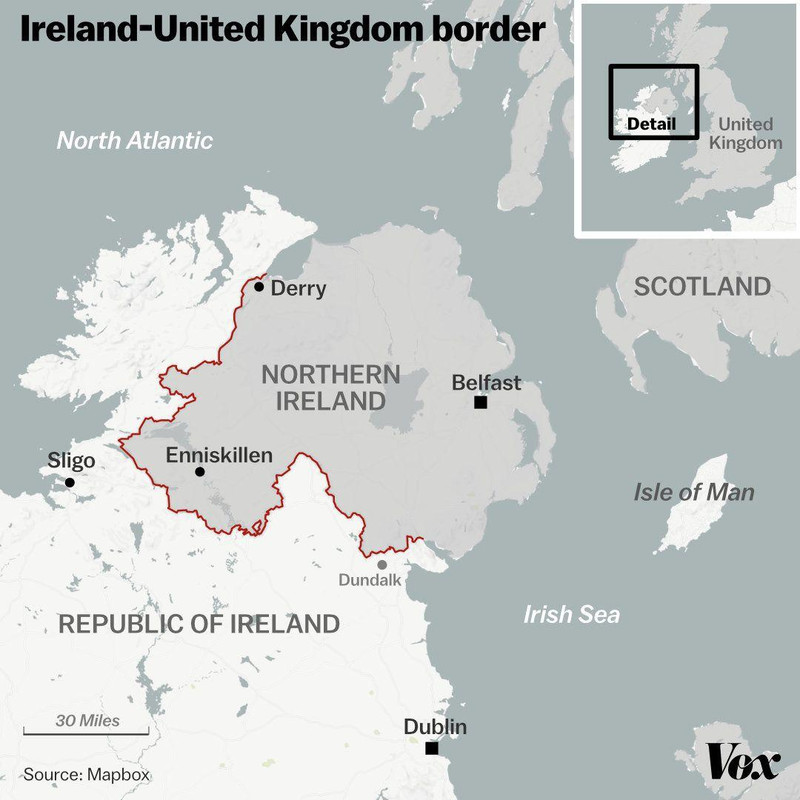
Brexit Saga: UK’s Arranged Marriage and Hesitant Divorce
✍️ Kaashvi R and Sakhi Saswat Panda
Published: 2023-03-26
The word “Brexit” was voted Word of the Year in 2016. So why was Brexit the most talked about topic from 2016? Let us take a deep dive into the history, implications and aftereffects of this event that shook the European Union.
Brexit – the portmanteau - was coined to refer to one of the UK’s momentous decisions, when 17.4 million people voted to become the first country to leave the European Union (EU).
This all began in 1945. As World War II ended, a new realisation dawned upon the leaders of Europe that countries would be less likely to war if they have stronger economic ties. This resulted in the formation of the European Economic Community (EEC) in 1957 eventually to be called the European Union.
Twice rejected before, the UK did not earn acceptance into the EU by other member states until 1973. Although finally accepted into the EU, the UK could never reconcile with its membership status, for effective functioning as a whole in a union always entails losing certain aspects of one’s identity, which the UK was not ready to compromise on. This is evident from the fact that within 2 years of joining the union, the UK had to hold a stay-or-leave referendum to resolve its still persisting dilemma on whether it should remain in the EU. Also, the UK never adopted the common euro currency nor did it open its borders for free movement within the union, unlike its other members. Many in UK felt that the influx of EU migrants was putting a strain on public services and job opportunities, leading to eurosceptic sentiments.

A new turning point came when David Cameron, the Conservative party prime ministerial candidate facing a tough reelection in 2013, in a desperate attempt to win minority votes, promised that he would hold an “in-or-out referendum” to decide Britain’s membership of the EU. Eurosceptics, who had already been complaining that the EU had too much control over Britain’s national policies and that the UK, being one of the wealthier countries in the union, was contributing too much money to the EU budget, began to skew in Cameron’s favour.
The referendum was held in 2016. In an impressive turnout, 51.9%voters favoured Brexit. This left the eurocentrics startled and the UK government tongue-tied. Having campaigned for the UK to remain in the EU himself, David Cameron faced defeat, and ultimately had to resign.
His successor Theresa May too, after a tumultuous stint, had to step down due to repeated rejections by the UK Parliament debating on the contours of her EU-withdrawal agreement.
Boris Johnson, a well-known eurosceptic, became the next Prime Minister. With a pledge to deliver a hard Brexit, Johnson re-opened Brexit negotiations and at long last managed to secure a revised withdrawal deal, which was finally approved by the UK Parliament as well as the EU.
Under Article 50 of the Treaty on EU, after three years of negotiations the UK officially left the EU on January 31, 2020 leaving a trail of political turmoil in the UK.
The effects of Brexit have been significant and far-reaching. As an immediate consequence of the deal, the value of the pound sterling plummeted. With fears of job losses and economic instability, businesses started to feel uncertain about their future.

Soon the EU started to impose border restrictions. A hard border between Northern Ireland - part of UK- and Ireland - an EU member - required custom clearances for goods moving from England, Wales, and Scotland. The UK’s trading relationship with the EU was thrown into chaos.
UK’s recent efforts scouting for new markets and seeking free-trade-agreements (FTAs) with new countries like US, India, and Trans-Pacific, is suggestive of frustration of unmet expectations out of the Brexit deal.
Brexit was a momentous event in the history of the EU and the UK, driven in part by eurosceptic sentiment. The decision to leave the EU has had significant consequences for both parties, with the full effects yet to be realized. But in conclusion, Britain’s separation from the EU was more a jagged tear than a neat cut
